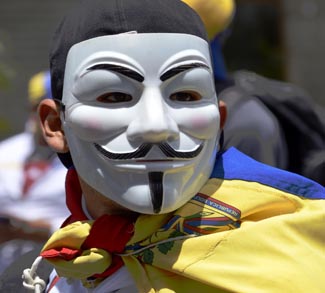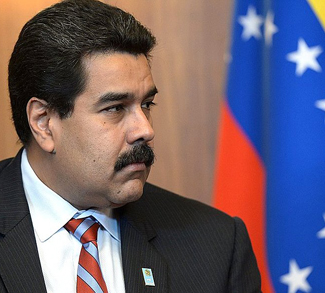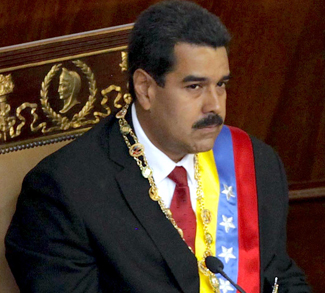Hyperinflation, contraction, and a brewing fiscal crunch that threatens government default as soon as this year – Venezuelans are looking down the barrel of the gun. The economic challenges they face are daunting to say the least, and without a swift recovery in global oil prices they’re set to get worse before they get any better. More information on Venezuela’s crumbling economy can be found elsewhere on Geopoliticalmonitor.com.
The country’s dire economic outlook reverberated at the ballot box in December, when the opposition Democratic Party Roundtable (MUD) scored a resounding victory over the ruling United Socialist Party of Venezuela (PSUV) in legislative elections. When the votes were all counted, MUD took 112 seats to PSUV’s 55 – enough for a ‘supermajority.’
A supermajority would grant the legislature powers that are unprecedented for an opposition party in the post-Chavez era, including: the ability to call a referendum on specific laws; amend the Constitution via referendum; appoint officials to key institutions (attorney general, comptroller general, national election council); remove judges from the supreme court; and remove the vice president from office.
A MUD supermajority would spell disaster for the Maduro government. It would allow opposition lawmakers to start chipping away at the institutional bedrock of Hugo Chavez’s Bolivarian Revolution by clearing key institutions of chavistas, most notably the Supreme Court.
Maduro’s response to the election result was predictable. Before the MUD-dominated parliament could get any serious work done, the Venezuelan Supreme Court – which is comprised exclusively of Chavez/Maduro-era appointees – voided the electoral results of four seats (3 opposition, 1 government), depriving the opposition of its supermajority.




